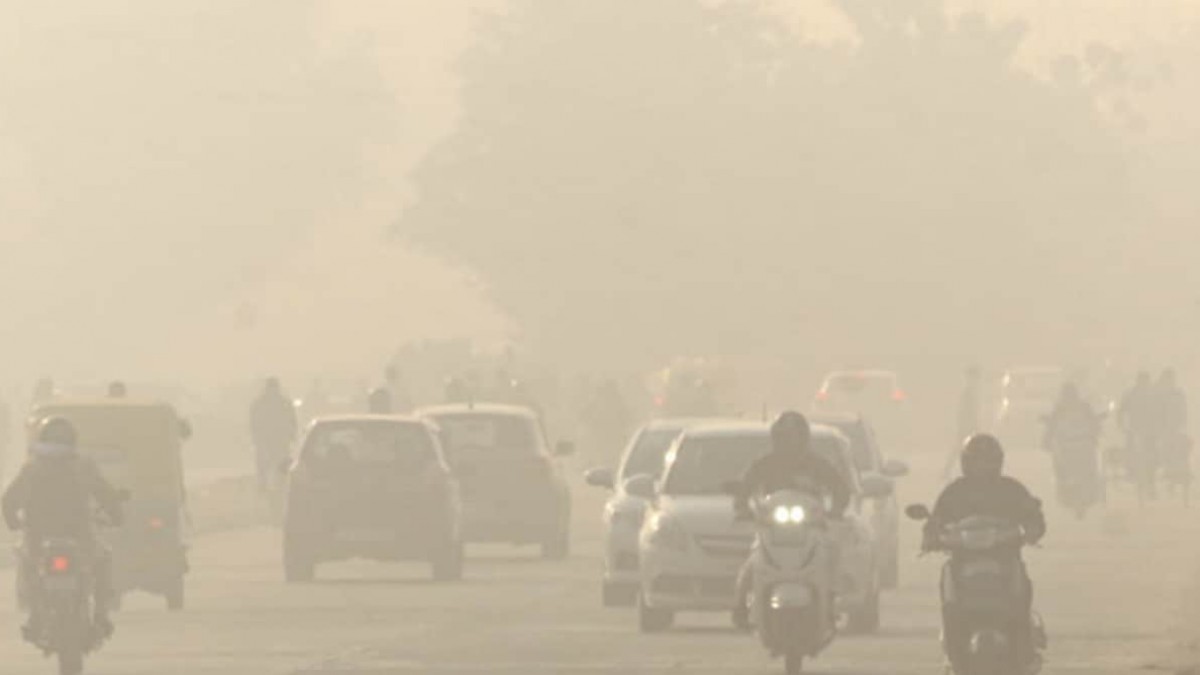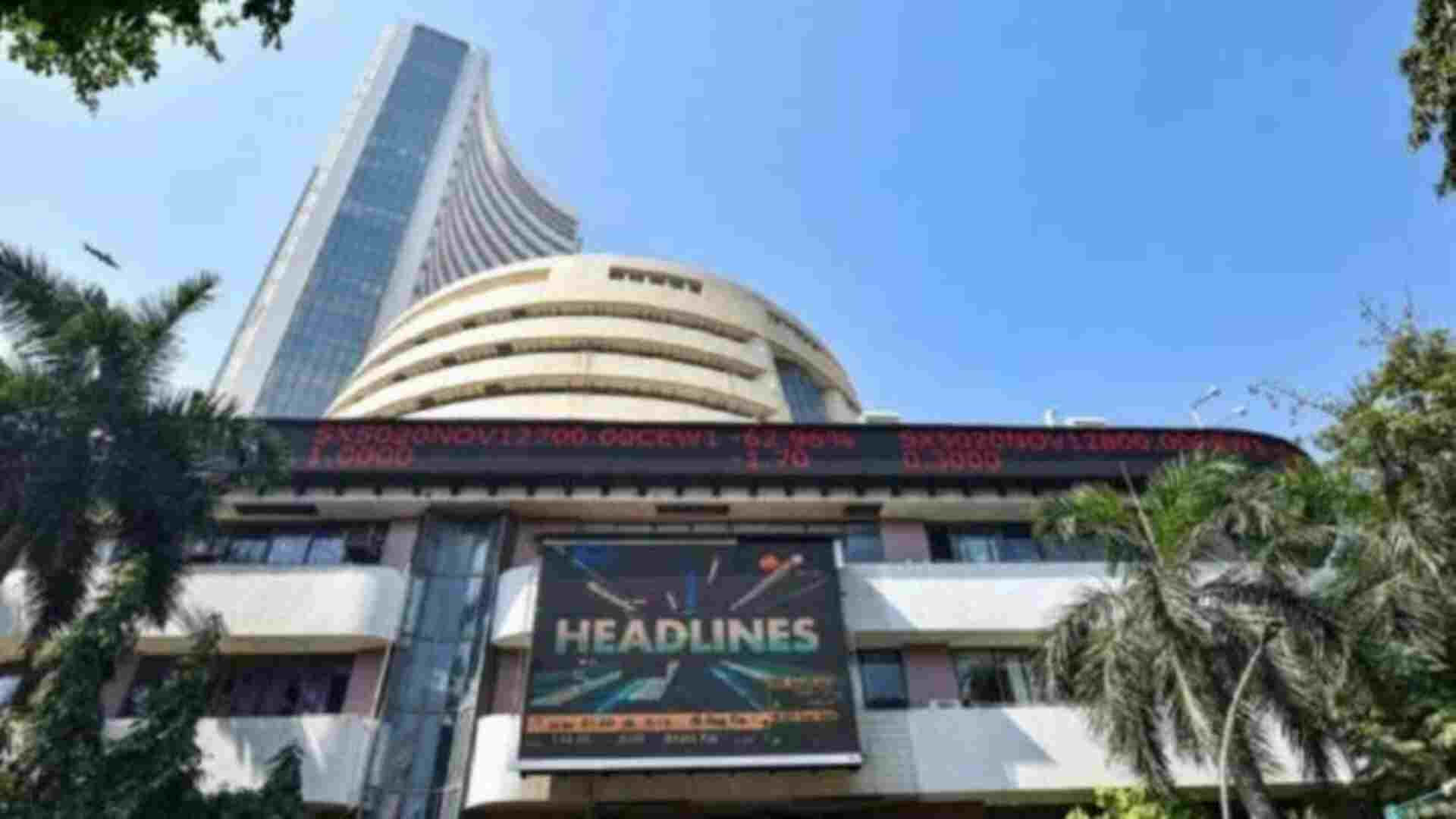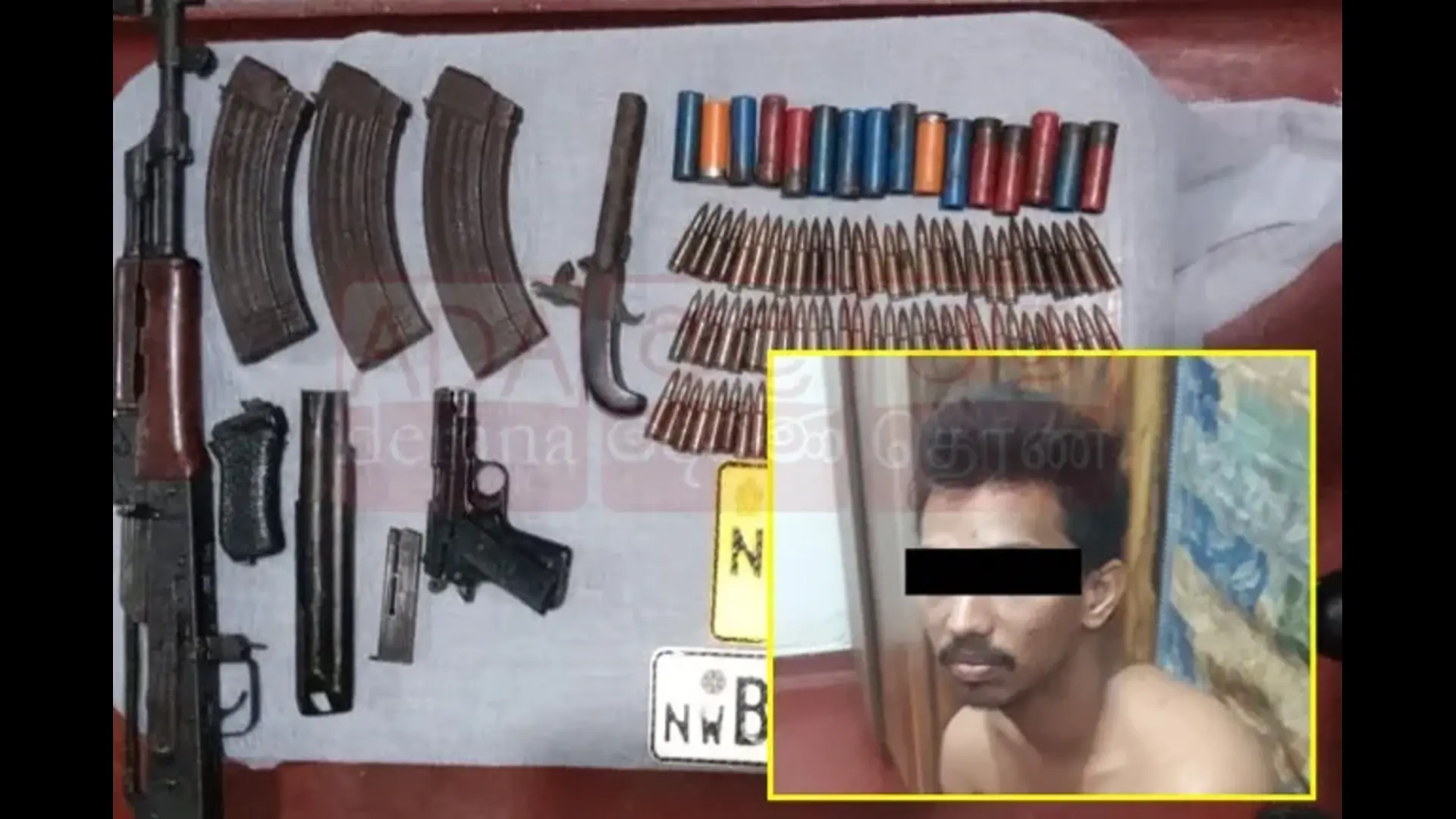Delhi breathed in a ‘very poor’ category of air as winter has knocked the national capital. A layer of smog covered the NCR on Sunday morning as the overall Air Quality Index was recovered at 315, according to SAFAR. The national capital recorded AQI at 301(very poor) on Saturday too.
In the meantime, the Lodhi Road area’s AQI dropped to the “very poor” level, landing at 301. Due to elevated PM 2.5 concentrations, the SAFAR recorded an AQI reading of 331 (extremely poor) at Mathura Road. With an AQI of 332, the Delhi Airport Terminal didn’t fare much better (very poor).
Similarly, Noida’s AQI of 345 placed its air quality in the “bad category.”
The Air Quality Index is a tool for clearly explaining the status of the air quality to the general public. It simplifies complicated information about the air quality caused by different pollutants into a single number (index value), nomenclature, and color.
When the Air Quality Index is between 0 and 100, it is good; when it is between 100 and 200, it is moderate; when it is between 200 and 300, it is poor; when it is between 300 and 400, it is very poor; and when it is between 400 and 500 or higher, it is severe.
The Sub-Committee for Invoking Actions Under the Graded Response Action Plan (GRAP) met on November 18 to review the progress of the actions implemented under Stage II and Stage I of the GRAP in the entire NCR despite the continued poor air quality.
According to IMD/dynamic IITM’s model and weather/meteorological forecast, the overall air quality is expected to fluctuate primarily between the “Poor” and “Very Poor” categories over the next three days. According to the Ministry of Environment, Forests and Climate Change, Delhi’s main surface wind is expected to come from the north or north-west.
The Commission Sub-Committee is keeping a close eye on the situation and will adjust the air quality scenario as necessary.






